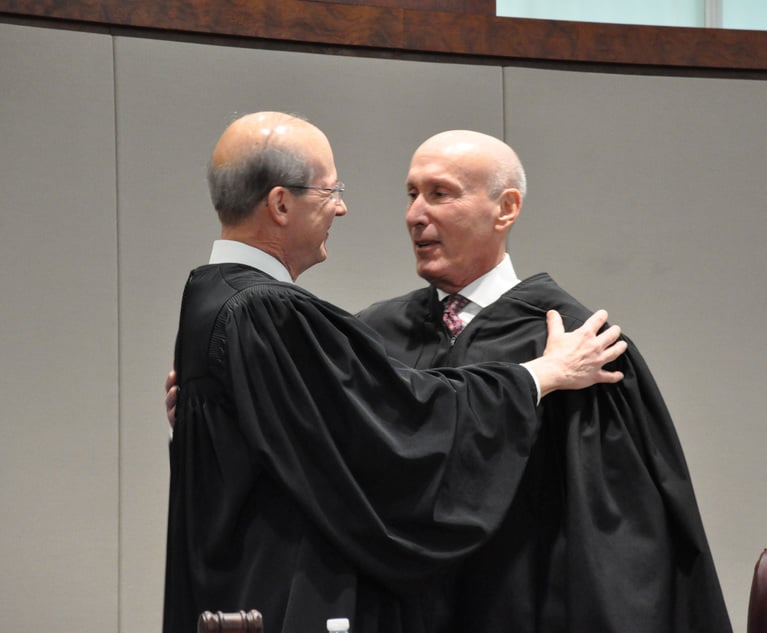On April 3, Democratic governor Tony Evers of Wisconsin asked his Republican legislature to approve a delay of that state’s April 7 election, to June 7, to avoid the unprecedented logistical and safety problems associated with holding an election in the midst of the COVID-19 pandemic and a newly enacted state lock-down. For New Jersey readers (where the safety threat is the second most serious in the nation), the problem would be obvious: it is nearly impossible for poll workers and voters to abide by the six-feet social distancing required by medical and governmental guidance.
The problem was exacerbated because in Milwaukee, Wisconsin’s largest city, the number of polling places were reduced to five from the usual 180 or so, because so many poll workers refused to volunteer in fear for their safety. Why the insistence on staging this election during such genuinely awful circumstances? Apparently, a hotly disputed partisan contest for a single seat on the Wisconsin Supreme Court in which the president of the United States deigned to weigh in (soon after attacking the integrity of mail in ballots altogether). The dispute was further fueled by pundits suggesting that Republicans believed their candidates would be advantaged by holding the election when largely Democratic voters in cities—where in-person voting would be more difficult under the circumstances—may be deterred by health concerns.


 Shutterstock.com
Shutterstock.com




